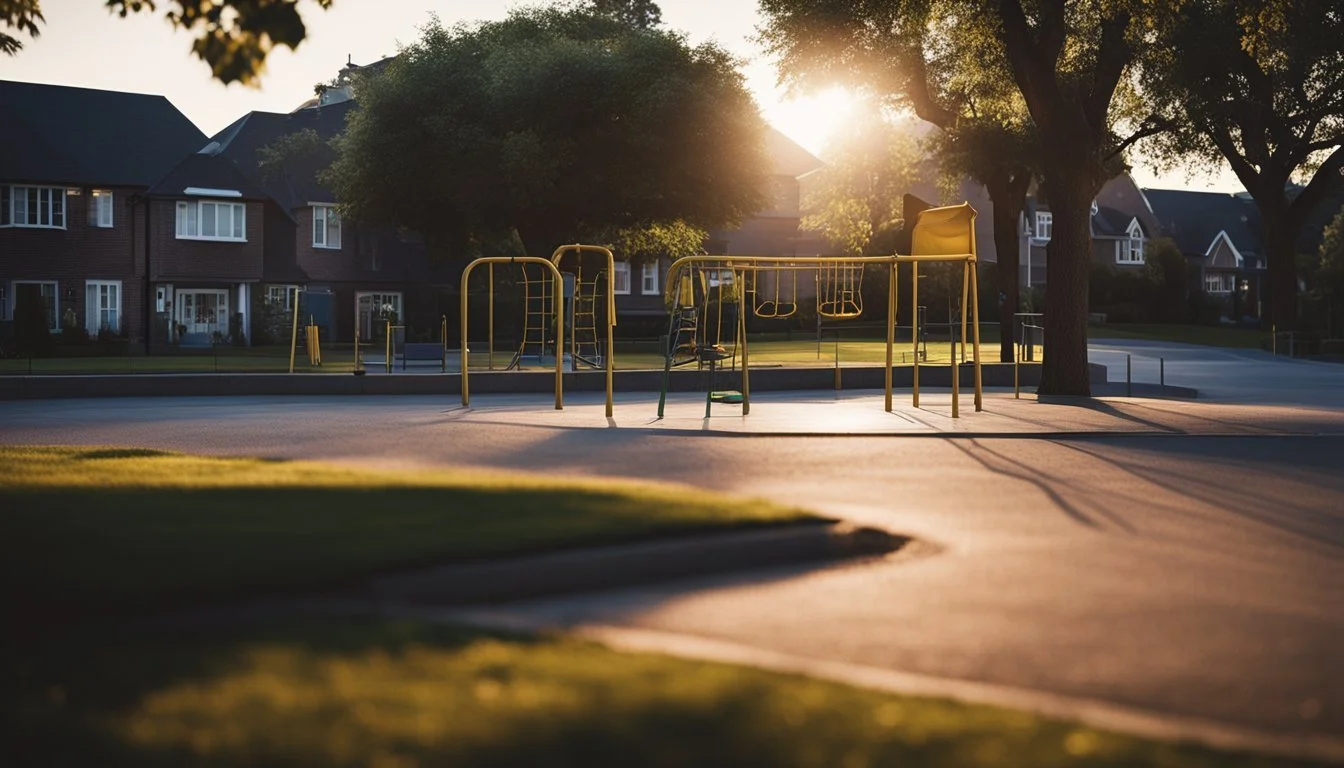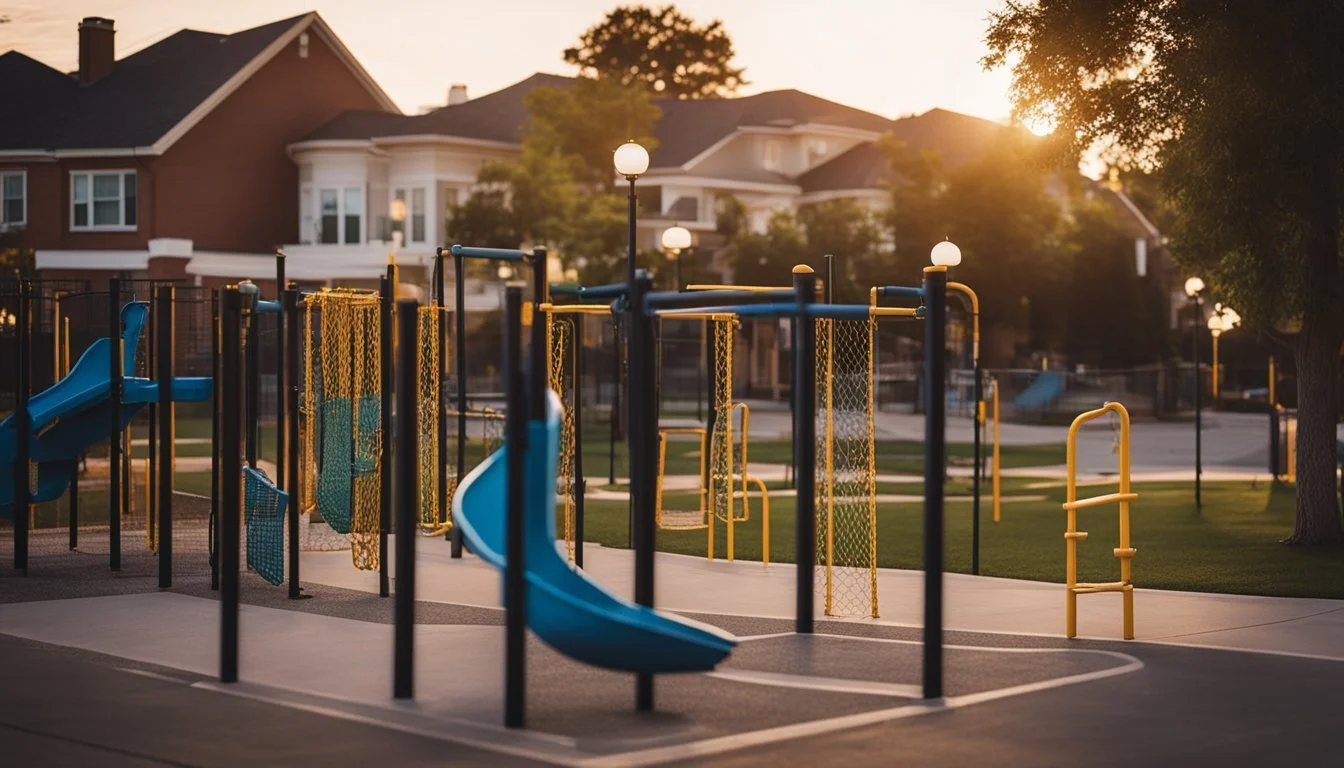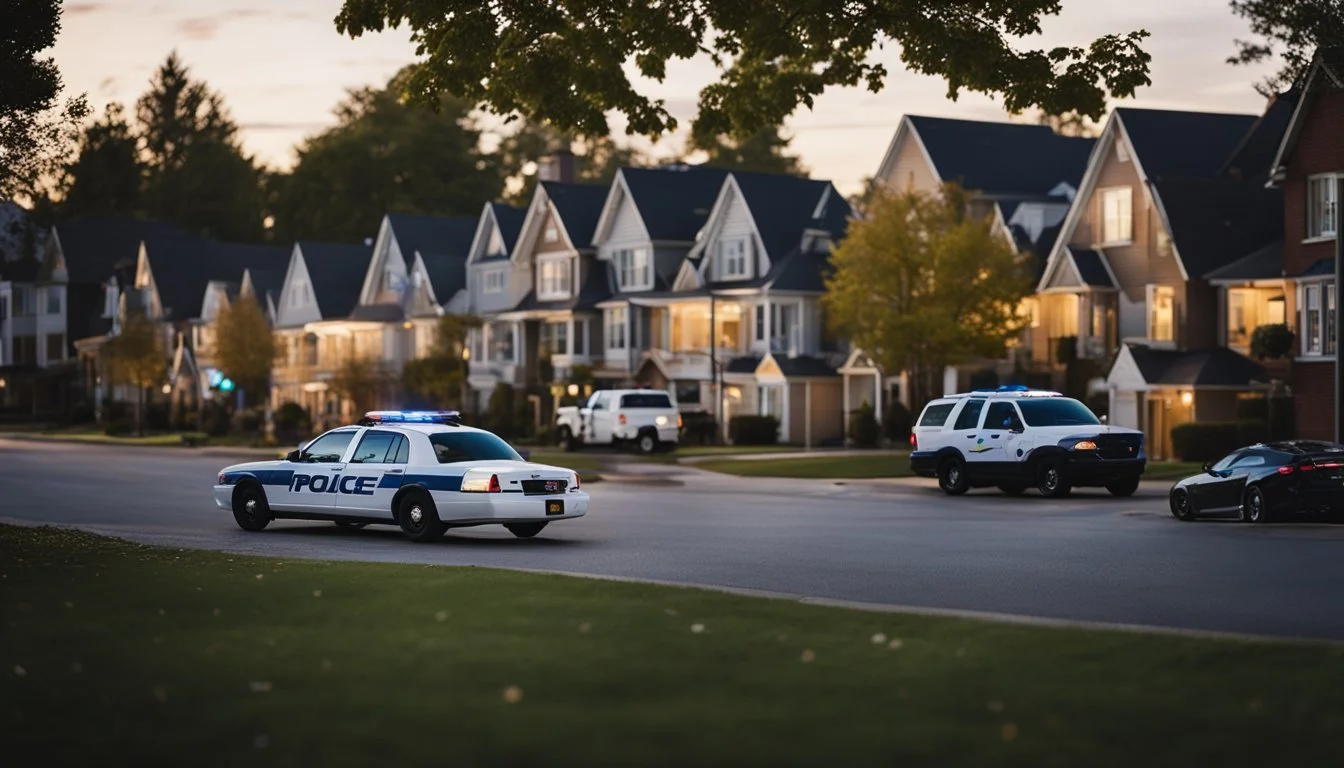5 True Crime Documentaries About Child Abduction in Suburban Areas
Must-Watch Cases
In recent years, true crime documentaries have captivated audiences by shedding light on the unsettling phenomenon of child abduction in ostensibly safe suburban neighborhoods. These films provide crucial insights into how abductions unfold, the psychological impact on victims and their families, and the intricate investigations that follow. Why do such sinister events happen in places often perceived as secure and idyllic? These documentaries aim to answer this question through meticulous storytelling and in-depth interviews.
The fear and trauma associated with child abduction are universal, making these stories intensely relatable for viewers worldwide. By highlighting real-life cases, these documentaries raise awareness and prompt discussions on safety measures, law enforcement response, and the unwavering resilience of those affected. They offer a poignant and sometimes chilling glimpse into the vulnerability of what are often perceived as the safest communities.
1) The Disappearance of Madeleine McCann (2019)
The Disappearance of Madeleine McCann is a Netflix documentary series that investigates the mysterious case of Madeleine McCann, a three-year-old girl who vanished from a hotel room in Praia da Luz, Portugal, in 2007.
Directed by Chris Smith, the series brings together experts, witnesses, and key figures involved in the case.
The documentary explores various theories about what may have happened to her, examining the investigation undertaken by Portuguese and British police. It delves into the details and inconsistencies that have fueled numerous speculations and media coverage over the years.
Madeleine's parents, Kate and Gerry McCann, have been vocal in the search for their daughter, and the series covers both their efforts and the intense scrutiny they faced. This documentary provides viewers with a comprehensive look into one of the most famous missing child cases of the 21st century.
The Disappearance of Madeleine McCann is a critical resource for anyone looking to understand the complexities and enduring mystery surrounding this heartbreaking case.
2) Who Took Johnny (2014)
"Who Took Johnny" examines the perplexing disappearance of twelve-year-old paperboy Johnny Gosch. He vanished on September 5, 1982, from West Des Moines, Iowa, while on his morning route.
The film explores the intense investigation that followed, highlighting eyewitness accounts and theories which have puzzled authorities for decades. It includes interviews with Johnny's mother, Noreen Gosch, who has been tireless in her quest for answers.
Directed by David Beilinson, Michael Galinsky, and Suki Hawley, the documentary first premiered at the Slamdance Film Festival. It gives a thorough account of one of America's most infamous child abduction cases.
The documentary also delves into broader issues of child exploitation and the impact on families left searching for their loved ones.
3) Taken: The Abduction of Mary Stauffer
Mary Stauffer, a high school teacher, and her eight-year-old daughter, Elizabeth, were kidnapped by Ming Sen Shiue in 1980. Shiue, a former student infatuated with Mary, held them captive for 53 days. The ordeal included physical and mental abuse.
Shiue's actions were driven by an obsession that began years earlier. Mary and Elizabeth endured sustained trauma during their captivity, including rape and torture.
"Abducted: The Mary Stauffer Story" aired in 2019 on Lifetime, featuring performances by Alyson Hannigan and others. This film portrays the chilling events with sensitivity to the victims' suffering.
Mary Stauffer's story also appears in articles and interviews, emphasizing the impact on her faith and resilience. The case remains a compelling example of survival against terrifying odds.
More details about the film can be found on IMDb (2019).
4) Captive Audience: A Real American Horror Story (2022)
"Captive Audience: A Real American Horror Story" is a three-part docuseries released in 2022. Directed by Jessica Dimmock and executive produced by The Russo brothers, it premiered on Hulu.
The series centers on the 1972 abduction of seven-year-old Steven Stayner from Merced, California. Steven's return after seven years received massive media attention.
The narrative delves into the profound impact Steven's disappearance and return had on his family, including the tragic future of his older brother, Cary Stayner, who later committed multiple murders in 1999.
The docuseries explores a 50-year journey, unraveling the complex dynamics within the Stayner family. It contrasts the heroism of Steven with the villainy attributed to Cary, providing an emotional and detailed look at their lives.
For more information, visit the Wikipedia page.
5) The Family I Had (2017)
"The Family I Had" is a compelling true crime documentary that explores a tragic incident within a suburban family. The story revolves around a 13-year-old boy who brutally murdered his 4-year-old sister. This shocking act exposes the deeper issues of mental illness, intra-family violence, and addiction that plague the family.
Documentarian team Carlye Rubin and Katie Green initially set out to investigate the juvenile justice system. Their project took a dramatic turn when they encountered this deeply personal and distressing family narrative. They dive into the emotional aftermath, chronicling the mother's struggle with the loss and her complex feelings toward her remaining child.
The film not only presents the crime itself but also offers insight into the family's dynamics. It reveals how the violent act affected relationships and mental health over time. Through interviews and intimate footage, the documentary provides a raw and unfiltered look at the ripple effects of family tragedy.
The narrative is gripping and intense, making "The Family I Had" a must-watch for anyone interested in true crime and psychological documentaries. To learn more about the film, visit its IMDb page.
Impact on Families and Communities
The repercussions of child abduction in suburban areas extend deeply into both the families directly affected and the broader community. Emotional and psychological effects are profound, while the importance of community response and support systems cannot be understated.
Emotional and Psychological Effects
Child abduction imposes severe emotional and psychological strain on the families involved. Parents often experience intense feelings of guilt, helplessness, and anxiety. These emotions can lead to long-term mental health issues, such as depression and post-traumatic stress disorder (PTSD).
Siblings of the abducted child are not immune. They may feel neglected as parents focus on search efforts, leading to their own emotional distress. Family cohesion often suffers, with strained relationships and communication breakdowns becoming commonplace.
The impact on the abducted child, once recovered, is equally significant. Long-term counseling may be necessary to address trauma and reintegrate them into normal life. Chronic anxiety and trust issues are frequent outcomes, requiring sustained support from mental health professionals.
Community Response and Support Systems
In suburban areas, the abduction of a child typically galvanizes community action. Neighbors often band together, organizing search parties and disseminating information through both traditional and social media channels. This collective effort is vital for quick resolution and recovery.
Support systems within the community play a crucial role. Local law enforcement agencies often coordinate with national organizations to provide resources, support, and expertise. Community centers and schools may offer counseling services to affected students and families.
Vigilance tends to increase, with communities implementing new safety measures and awareness programs. Neighborhood watch programs may become more active, and education on recognizing and preventing abductions becomes more prevalent.
Prevention and Safety Measures
Ensuring the safety of children in suburban areas requires a multi-faceted approach. This includes educating children and parents on potential dangers and how to avoid them, as well as the crucial role of law enforcement in maintaining community vigilance.
Educating Children and Parents
Education is key to preventing abduction. Parents should teach children basic safety rules, such as never talking to strangers and not accepting rides from anyone they don't know. Using role-playing scenarios can help children understand and remember these guidelines.
Schools can also contribute by incorporating safety programs into their curricula. These programs can cover topics like identifying suspicious behavior and what to do if they feel unsafe. Workshops and seminars for parents can update them on the latest safety measures and community resources.
Neighborhood watch programs can be effective too. They encourage awareness and enable residents to look out for each other. By creating a community network, any suspicious activity can be reported promptly, bolstering overall safety.
Role of Law Enforcement
Law enforcement agencies play a critical role in preventing child abductions. Police departments should establish regular patrols and collaborate with local communities to identify potential threats. They can also offer safety workshops for both parents and children.
Community policing efforts, where officers are actively involved in the neighborhood, can help build trust and ensure swift action when needed. Rapid response strategies and timely alerts can make a significant difference in preventing incidents.
Equally important is the use of technological tools like surveillance systems and quick communication channels. These tools can enhance the ability to monitor and respond to suspicious activities, creating a safer environment for children.





